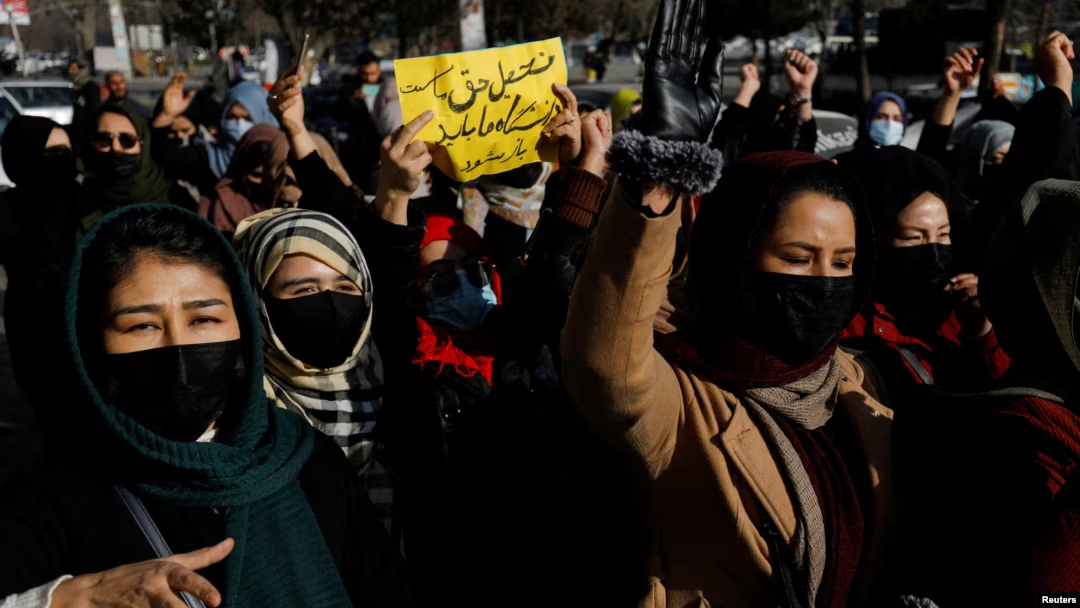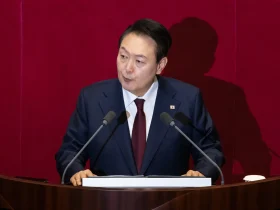In the Republic of Tatarstan, a region in central Russia known for its rich cultural heritage, an unusual but pressing issue has recently galvanized women to take to the streets in protest. The crux of their grievances? A significant shortage of men.
Over the past few years, Tatarstan, like many regions in Russia, has experienced a demographic shift leading to a marked imbalance in the gender ratio. Various factors contribute to this phenomenon. Migration trends show that many men leave the region in search of better employment opportunities in urban centers or abroad. Additionally, the ongoing military conflict in Ukraine has seen many men from the region drafted into service, further depleting the local male population.
Health disparities, where men have higher mortality rates due to lifestyle factors and lower life expectancy, exacerbate this imbalance.
The scarcity of men has profound social implications. Many women find it increasingly difficult to establish stable relationships or marriages. This situation has not only affected their personal lives but also has broader socio-economic repercussions.
With fewer men in the workforce, women often bear the brunt of both professional and domestic responsibilities, leading to heightened economic pressure and social strain.
In Tatarstan, traditional values place significant emphasis on marriage and family life. The shortage of men disrupts these social norms, leaving many women feeling isolated and uncertain about their future. This disruption fuels frustration and discontent, pushing women to demand changes and recognition of their plight
In recent weeks, women in Tatarstan have organized several protests and public demonstrations. These events highlight their concerns about the demographic imbalance and call for action from local and federal authorities. Protesters carry banners and chant slogans that underscore their demands for more support and policies that address the root causes of the gender imbalance.
The protesters argue that the government should implement measures to encourage men to remain in the region and return from military service. They also seek greater economic opportunities that might reduce the need for men to migrate for work. Furthermore, they demand social policies that better support single women and families struggling under the current conditions
The protests in Tatarstan bring to light a unique and complex issue that blends demographic challenges with socio-economic and cultural factors. The women’s demands reflect a broader need for comprehensive solutions that address both the symptoms and underlying causes of the gender imbalance.
While the immediate focus is on rectifying the shortage of men, the situation underscores a deeper need for regional development and support that can stabilize and enhance the quality of life for all residents. As Tatarstan navigates these demographic challenges, the voices of its women are calling for a more inclusive and equitable approach to regional planning and development
The protests by women in Tatarstan over the shortage of men highlight a significant demographic and social issue that demands attention and action. As these women continue to advocate for their rights and well-being, their movement serves as a powerful reminder of the complex interplay between demographics and social stability in contemporary societies.








Leave a Reply